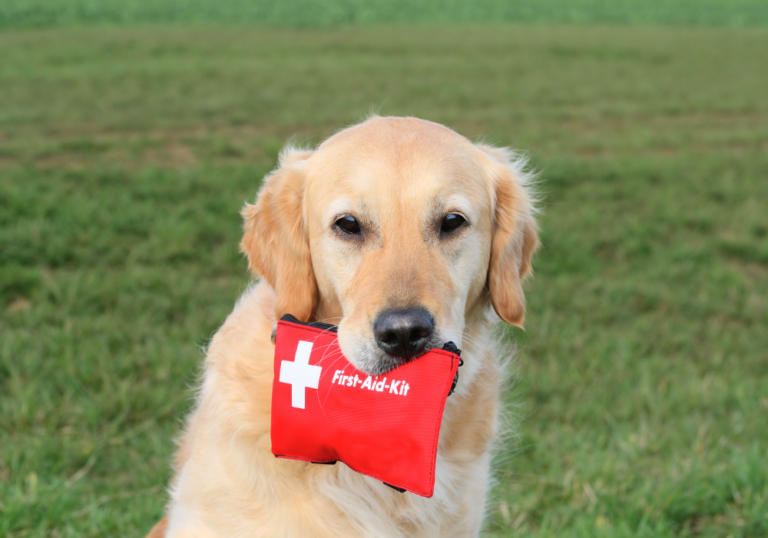First Aid Basics for Pet Owners

April is National Pet First Aid Awareness Month, an important time for pet owners to brush up on their first aid knowledge and ensure they’re prepared for emergencies involving their furry friends. Just like people, pets can experience injuries and health emergencies that require immediate attention. Understanding basic first aid techniques can mean the difference between life and death for your beloved companion. Here’s what every pet owner should know about common injuries and how to respond effectively.
Common Pet Injuries and First Aid Tips
1. Wounds
Minor cuts and scrapes can often be treated at home, but deep lacerations, bite wounds, or cuts that won’t stop bleeding need urgent veterinary care. Here’s how to handle minor wounds:
- Clean the Wound: Rinse the area with warm water to remove any debris.
- Stop the Bleeding: If the cut is bleeding, use a clean cloth or gauze to apply gentle pressure for a few minutes.
- Disinfect: Once the bleeding has stopped, clean the wound with chlorhexidine or povidone-iodine.
- Apply Antibiotic Ointment: Cover the wound with a thin layer of antibiotic ointment and bandage it.
- Trim Fur: You may need to trim your pet’s fur around the wound for better visibility and care.
2. Heatstroke
Pets can suffer from heatstroke, especially on hot, humid days. Recognizing the signs is crucial:
- Symptoms of Heatstroke:
- Panting
- Drooling
- Trouble breathing
- Glazed eyes
- Bright red gums
- Vomiting
- Confusion or collapse
If you suspect heatstroke, bring your pet indoors, pour cool (not cold) water over them, and apply cool towels. Offer them water, but seek immediate assistance from our doctors at Acacia Pet Hospital, as heatstroke is a serious medical emergency.
3. Soft Tissue Injuries
If your dog seems sore after play or exercise, they may have a bruise or muscle strain. Here’s how to help:
- Cold or Heat Therapy: Use an ice pack or heating pad on the affected area, depending on the injury’s age (ice for recent injuries, heat for older ones).
- Limit Activity: Restrict your pet’s movement for a day or two. If they show signs of pain or difficulty moving, consult our doctors at Acacia Pet Hospital.
4. Broken Bones
While broken bones require professional veterinary treatment, you can keep your pet comfortable until you reach the vet:
- Transport Carefully: Place your pet in a carrier or use a makeshift stretcher to avoid further injury.
- Splint if Necessary: If the limb is unstable, gently splint it using non-adhesive tape and a rigid material, like a Popsicle stick.
5. Poisoning
If you suspect your pet has ingested a toxic substance, take immediate action:
- Contact Professionals: Call our doctors at Acacia Pet Hospital or the ASPCA’s Animal Poison Control Center at (888) 426-4435.
- Do Not Induce Vomiting: Avoid making your pet vomit or giving them activated charcoal without professional guidance, as this could worsen their condition.
Important First Aid Considerations
Protect Yourself
Injured pets may lash out due to pain. Use a muzzle for dogs or gently wrap a towel around your cat to prevent bites. Ensure it’s not too tight and avoid using it if you suspect a broken bone.
Avoid Removing
Protruding Objects
If your pet has a foreign object embedded in their skin, do not attempt to remove it. This could cause increased bleeding or further damage. Let our doctors at Acacia Pet Hospital handle the removal safely.
Keep a First Aid Kit Ready
Assemble a pet-specific first aid kit containing:
- Gauze and non-adhesive bandages
- Self-adherent wrap tape
- Cotton balls
- Activated charcoal
- Antibiotic ointment
- Iodine
- Scissors
- Styptic powder
- Ice packs
Conclusion
Being prepared for pet emergencies is crucial for every pet owner. Familiarizing yourself with these first aid basics will help ensure you can provide the necessary care in critical situations. Whether it’s a cut, heatstroke, soft tissue injury, broken bone, or poisoning, prompt action can save your pet’s life.
If you need more help or have any questions, call us at Acacia Pet Hospital, acaciapetclinic.com, (408) 264-6354, 4486 Pearl Ave, San Jose, CA 95136,
Hours: Monday-Friday: 8:00 am – 5:00 pm
Prepare now, and ensure your furry friends stay safe and healthy!

